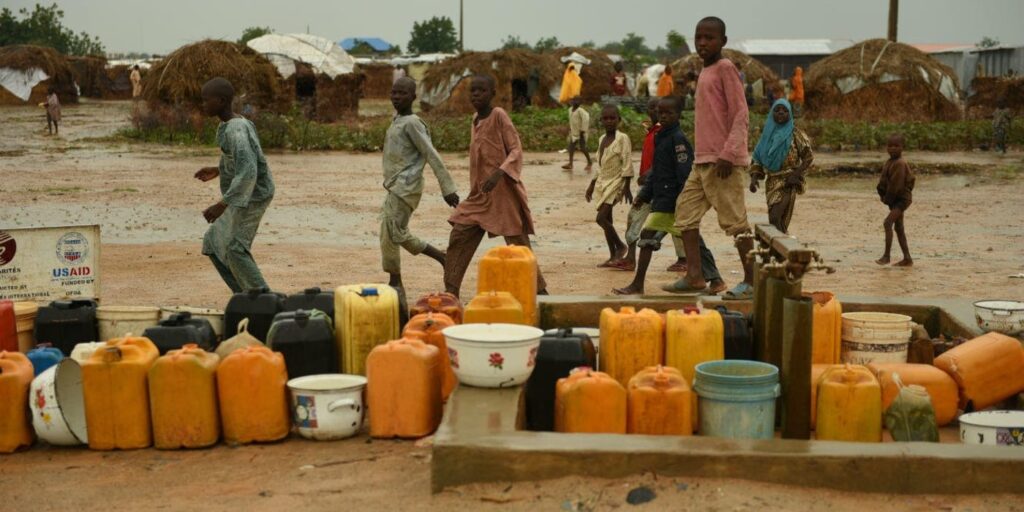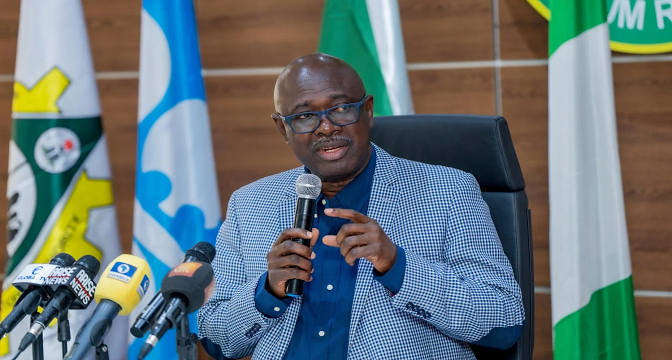
ABUJA – The National Counter Terrorism Centre (NCTC) in Nigeria, under the leadership of Major General Adamu Garba Laka, is reportedly taking steps to improve the treatment of children allegedly associated with armed groups, a move that could signal a shift towards a more rights-based approach to counter-terrorism.
The NCTC, under Laka, has stated that children rescued or apprehended in conflict zones should be treated as victims rather than criminals. This principle is said to be guiding the NCTC in enforcing compliance with international human rights standards, particularly regarding the treatment, rehabilitation, and reintegration of these minors, in line with the United Nations Convention on the Rights of the Child.
Previously, human rights organizations have reported the detention of children in military facilities, often without trial and under harsh conditions. The NCTC, under General Laka’s leadership, has responded by working with agencies such as the Ministry of Women Affairs, UNICEF, and local civil society groups to establish protocols for handling minors linked to armed groups.
One reported achievement is ensuring that children in detention are swiftly transferred to rehabilitation programs that offer psychosocial support, education, and vocational training. General Laka has stated that winning the war on terrorism requires strategic interventions that prevent the cycle of violence.
Beyond detention reforms, the NCTC has also been proactive in preventing child recruitment by terrorist groups. The center has intensified collaboration with security agencies to disrupt recruitment pipelines and has strengthened border security to prevent child trafficking for terrorist activities.
The center has also reportedly championed legislative reforms to ensure that children do not face prosecution under Nigeria’s counterterrorism laws, with efforts geared towards rehabilitation and reintegration. Whether these reforms will lead to a significant and sustained improvement in the treatment of children affected by conflict remains to be seen, but the stated shift in approach is being viewed with cautious optimism by some international observers.



